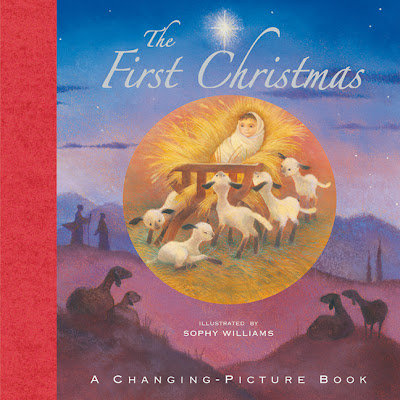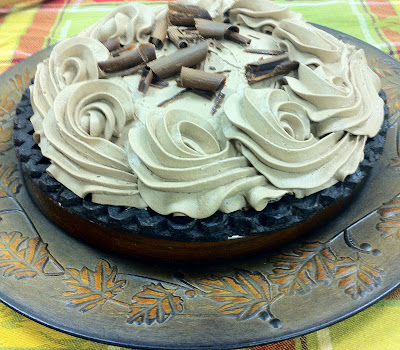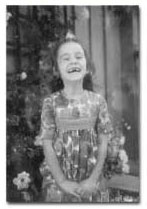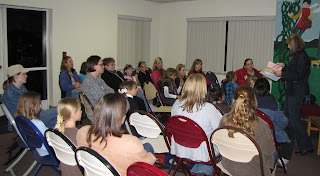Christmas has already arrived at the Pleasant Grove Library.
Get into the holiday spirit by reading some of our new Christmas picture books.
Silent Night by Juliet Groom
Get into the holiday spirit by reading some of our new Christmas picture books.
And don't forget to bring your children to the library tomorrow (Tuesday, November 30th) to see Mrs. Santa. She'll be reading stories at 6:30 p.m. and again at 7:30 p.m.
Silent Night by Juliet Groom
Silent night, holy night, All is calm, all is bright. All the animals gather together, Silent harmonious, happy forever. Together Big Bear and Little Bear set out to explore their world and treasure the natural beauty that is all around them.
A Night in Santa's Great Big Bag by Kristin Kladstrup
It's Christmas Eve, and Louis's favorite stuffed animal, Lamb, couldn't be more excited. While Louis is asleep, Lamb tiptoes downstairs and climbs into Santa's great big bag of presents. Inside is a magical world, filled with new friends: other toys waiting to be delivered as gifts. But soon Lamb starts to miss Louis, and he worries he will never make his way back home. Fortunately, Santa is there to save the day, and Louis is just a short sleigh ride away.
Small, Medium and Large by Jane Monroe Donovan
While other children may be dreaming of new toys under the tree or stockings filled with treats, one little girl simply asks Santa for a friend to share her holiday. But this is a pretty tall order for the jolly old man. Can Santa make her Christmas wish come true?
Readers of all ages will be cheered to see that Santa manages to find not just the perfect present, but three special gifts.
Humphrey is a giant, and Leetree, his best friend, is an elf. Together they love making wrapping paper for all of Santa’s presents. But this year Santa has asked them to grow a Christmas tree, and the pair couldn’t be more excited! They take great care with their project, planting and watering, snipping and pruning. Finally, the tree is wrapped and ready, and Humphrey and Leetree set off to deliver it. But when disaster strikes, the giant and the elf must come up with a way to make things right. From a small idea comes a big plan—and a surprise no one in Christmastown will soon forget!
Take one robotic Santa, nine cyber-reindeer pulling his techno-sleigh, and twelve days of Christmas circuitry and wizardry—and this incredible holiday offering is guaranteed to add up to every gear-head's delight!
The First Christmas: a Changing-Picture Book by Sophy Williams
The classic Christmas nativity story is stunningly illustrated by evocative pastel artwork depicting angels, shepherds, and wise men arriving in Bethlehem to share the magic of the birth of Jesus. Lift the gatefold flaps to change the pictures and watch the story unfold along the way.
Nonna Tell Me a Story: Lidia's Christmas Kitchen by Lidia Bastianich
When Lidia was a child, she spent Christmas with her grandparents, where she learned to cook with her Nonna Rosa by preparing food in their smokehouse and kitchen. Lidia and her brother would also find a big beautiful juniper bush to cut down for their holiday tree. And they made their own holiday decorations with nuts, berries, and herbs they collected for their meals.
This delightful picture book is filled with the story of Lidia’s Christmas traditions, delicious recipes, and decorating ideas all perfected over the years by Lidia and her family.
It's Christmas, David! by David Shannon
Readers of all ages will vividly remember trying to peek at hidden gift packages; writing scrolls of wish lists to Santa; and struggling to behave at formal Christmas dinner parties. Always in the background, we know Santa Claus is watching, soon to decide if David deserves a shiny new fire truck or a lump of coal under the tree. From playing with delicate ornaments to standing in an endlessly long line for Santa, here are common Christmas activities--but with David's naughty trimmings.
Llama Llama Holiday Drama by Anna Dewdney
If there's one thing Llama Llama doesn't like, it's waiting. He and Mama Llama rush around, shopping for presents, baking cookies, decorating the tree . . . but how long is it until Christmas? Will it ever come? Finally, Llama Llama just can't wait any more! It takes a cuddle from Mama Llama to remind him that "Gifts are nice, but there's another: The true gift is, we have each other."



























































